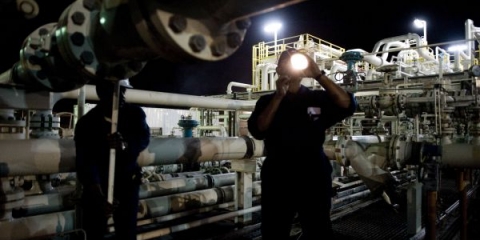Production-sharing contracts: a dying breed?
EDITOR'S NOTE: The issue of production-sharing contracts (PSCs, also called production-sharing agreements, or PSAs) in Iraq is a contentious one. Encouraged initially by American advisers as the best means for investment in post-war Iraq by, the system, which allows oil companies to take a share of the profits of all oil extracted, can mean that […]EDITOR'S NOTE: The issue of production-sharing contracts (PSCs, also called production-sharing agreements, or PSAs) in Iraq is a contentious one. Encouraged initially by American advisers as the best means for investment in post-war Iraq by, the system, which allows oil companies to take a share of the profits of all oil extracted, can mean that if oil prices rise, oil companies make huge profits without increasing their investment. Iraq Oil Report guest contributor and former U.S. energy official Helmut Merklein uses a computer program to analyze PSCs, and to demonstrate that a utility service model, close to the model adopted by the Iraqi government in the 10 deals now signed with international companies, is much more likely to ensure that an oil-rich government keeps the maximum percentage of these windfall profits.
At 115 billion barrels of recoverable reserves, Iraq is going to be among the three largest petroleum exporters in the world. Already, many integrated international oil companies and independent producers are clamoring for a place at the table. The only thing that is holding up the feast is the issue of who gets the bread and who gets the crumbs.
If you are not a registered user, you may purchase a subscription.




